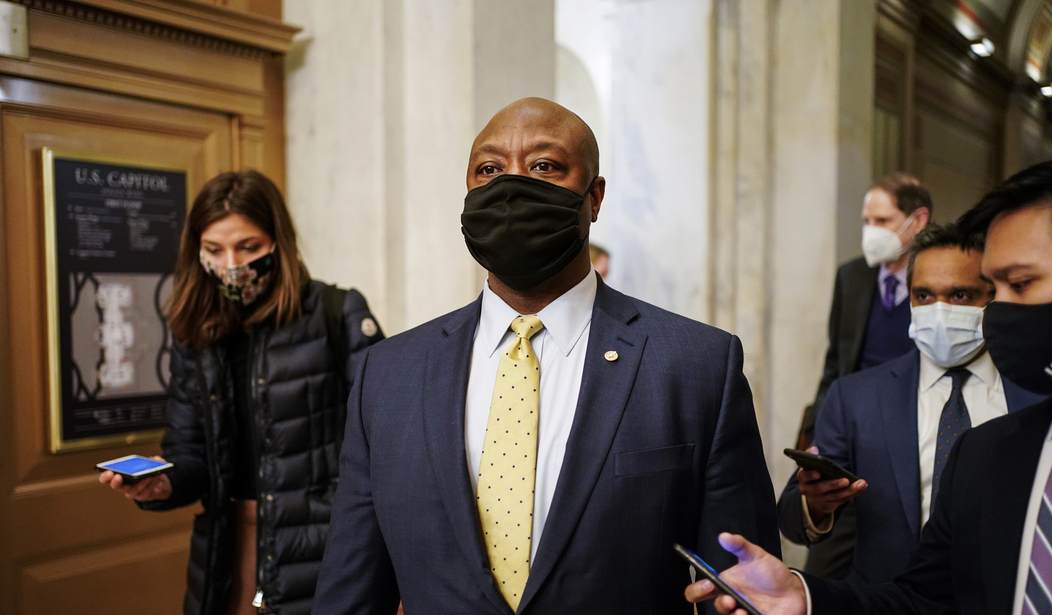The Democrats are still searching for some level of bipartisan support in Congress for a police “reform” bill. There have been a few proposals put on the table that drew interest from both sides, but the really stringent measures don’t appear to be gaining any traction. Last week there were several groups involved in the negotiations who claimed that they had established a working “framework” for a bill, making it sound as if there might be a deal in the works. But NBC News spoke to a number of the lawmakers and special interest groups involved in the action and what they had to say painted a very different picture. It’s not just the Republicans and the Democrats feuding over the details. County sheriffs are disagreeing with the unions representing urban cops on the beat, and it really sounds like the entire negotiating process is close to collapsing, which is probably for the best.
When lawmakers negotiating police reform released a statement last week saying they had agreed on a framework and would keep talking, the words painted a rosy picture of discussions that in reality are teetering on collapse, according to those involved.
Outside special interest groups are playing a critical role in the negotiation, as they often do on Capitol Hill, but this time the divide is pitting law enforcement representatives against one another and threatening any chance of success.
Law enforcement are represented by different groups — the sheriffs, who cover most rural areas, have their organization, and urban police are divided, the unionized officers represented by one organization and police chiefs by another. And instead of unifying, the negotiations over reforms have left the police and the sheriffs feuding.
The two issues that are most likely to sink this bill deal with qualified immunity for police officers accused of wrongdoing and the criminal standards required to obtain a conviction. Democrats don’t appear ready to back down on either of those, but most police (and Republicans) oppose doing away with such protections. Arguing for the Republicans, Senator Tim Scott offered a compromise wherein qualified immunity for individual officers would remain in place, but victims of police malfeasance or their families could bring lawsuits against the police department or municipality where they were employed.
From the Democrats’ side, James Clyburn seemed resigned to the idea that this debate wasn’t going anywhere and proposed that the entire qualified immunity issue be set aside for another day. Progressive members of his caucus were reportedly “furious” over the suggestion. Meanwhile, the Fraternal Order of Police has agreed to go along with one compromise agreement, but the National Sheriffs’ Association wants nothing to do with it.
The disagreements between law enforcement groups offer a good look at why any sort of “police reform” legislation at the federal level is probably a bad idea. Policing certainly has some things in common across the board, but in other areas, law enforcement can operate quite differently from place to place. The needs of cops working the streets on Chicago’s South Side are quite different from a Sheriff’s deputy cruising around in a largely rural, agricultural area. A one-size-fits-all approach is rarely a great idea, but in this case, that’s particularly true. Different departments serve different communities, not all of whom will have the same expectations of law enforcement.
The majority of the various aspects of policing that require standardization are already standardized. And the idea that rogue cops can’t be prosecuted when they are found to be breaking the law themselves simply isn’t a reflection of reality. (Just ask a fellow named Derek Chauvin about that if you can get into the prison on visiting day.) Democrats claim they want to hold the police “accountable.” The problem is, the police are already accountable for their actions. What the Democrats want in too many cases is to punish them for doing their jobs.








Join the conversation as a VIP Member